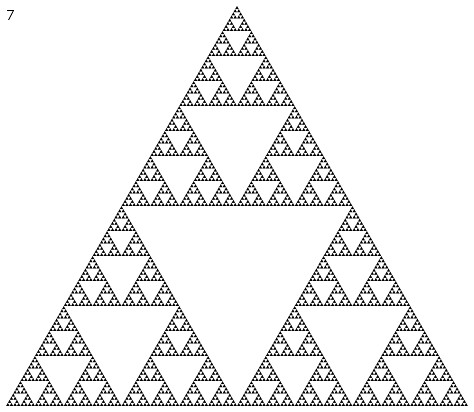
A couple of us decided to take a trip out to a forest to try some green wood whittling. During the seasoning (drying) process (which may take some years for large logs), wood loses around 40% of its mass as water leaves the fibres, leaving the wood stable and unlikely to crack or warp too much when it is finally used. Before this has occurred, the wood is called green. Green wood is usually much softer and is frequently used for carving smaller or disposable objects where stability over time is not important.
We settled on Trent Park in North London and as we arrived and started to make our way through the oak-woods we decided to penetrate the forest beyond the designated paths. Our explorative spirit brought us to crawling through dense vegetation of fern and nettles for ten minutes before we gave up and made our way back to the trails.

Most of the fallen wood in the forest was in a semi-disintegrated state and so totally unsuitable for whittling but were on the other hand a perfect growing ground for mushrooms. We were instantly mesmerized by the fungi life-form and abandoned our search for wood in favor of the bizarre and diverse species of mushrooms.
We came across a great many different types. Slimy, dry, miniature and some that looked like an exploded alien. The most useful mushroom for a whittler is probably the birch bracket (also known as razor strop fungus) which - sliced and dried - can be used to get a really fine edge when honing of a knife.

Characteristic spongy cap of the bolete family of mushrooms









As we strolled out of the woodlands and onto the open fields, we came across a dislocated limb from an oak-tree that Jack cut up with the foldable saw. The wood was very damp and quite hard, but we still managed to carve some odd spoons.
On the way home, we drove past the 1930s Piccadilly Line extension's beautiful stations at Southgate, Oakwood, etc., built in a kind of English garden city-Bauhaus-Stijl, geometric fundaments and elegant window frames.










No comments:
Post a Comment